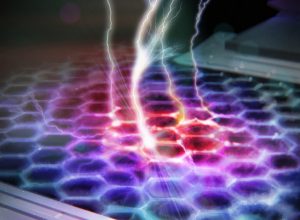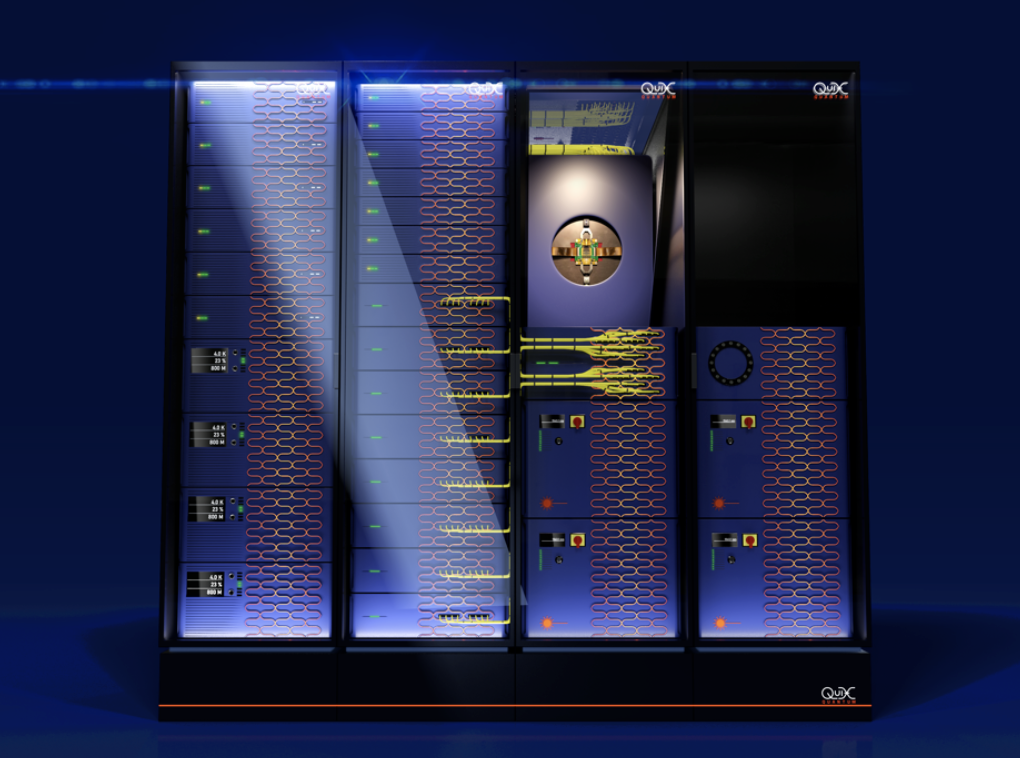
A team of researchers have engineered a fast and ultra-sensitive nanoscale bolometer that detects very faint microwave radiation. In fact, the radiation detected is so weak that heating up a cup of coffee at room temperature, for 1°C in a microwave oven would have taken 50 septillion times more energy. That is a 5 followed by 25 zeroes.
The team, included IQM co-founder Mikko Möttönen’s university research group, published their findings in a recent issue of Nature.
“The device is so tiny; it could even fit inside a bacterium,” said Möttönen who is a joint Professor of Quantum Technology at Aalto University and VTT.
According to a university news release, the bolometer can measure the energy of photons much more accurately and faster than before. This is essential for quantum computers, since measuring the energy of qubits, the quantum bits, is an integral part of quantum algorithms. Moreover, the device is small and readily integrable into superconducting quantum processors, providing a clear path towards real-world applications.
“We started the proof-of-concept using gold palladium for the bolometer,” said Roope Kokkoniemi, the first author of the Nature paper who just joined IQM. “It worked but at the same time we also figured out how to make it even better. This is where graphene comes in as a replacement. The end result is indeed a much better sensor that can operate at higher speed, so much better that it can be useful in reading out the state of a superconducting qubit, the building block of a superconducting quantum processor,” added Roope. This has also been a collaborative effort with Pertti Hakonen’s NANO group of Aalto University, with VTT, and with National University of Singapore.

Accelerating the development at IQM
The company reports that in quantum computers, such as the ones developed at IQM, this detector technology could prove very useful in replacing conventional readers and enabling the scaling up of future quantum processors due to its relatively small size. By virtue of being at the epicenter of quantum in Finland, IQM is in a unique position to commercialize such breakthroughs through close cooperation with the growing local quantum ecosystem.
“We consider this an exciting milestone in the field of quantum technology. IQM is constantly looking for new ways to enhance its quantum-computer technology and this new bolometer certainly fits the bill,” said Kuan Yen Tan, co-founder of IQM who was also involved in the research.
If you found this article to be informative, you can explore more current quantum news here, exclusives, interviews, and podcasts.




















